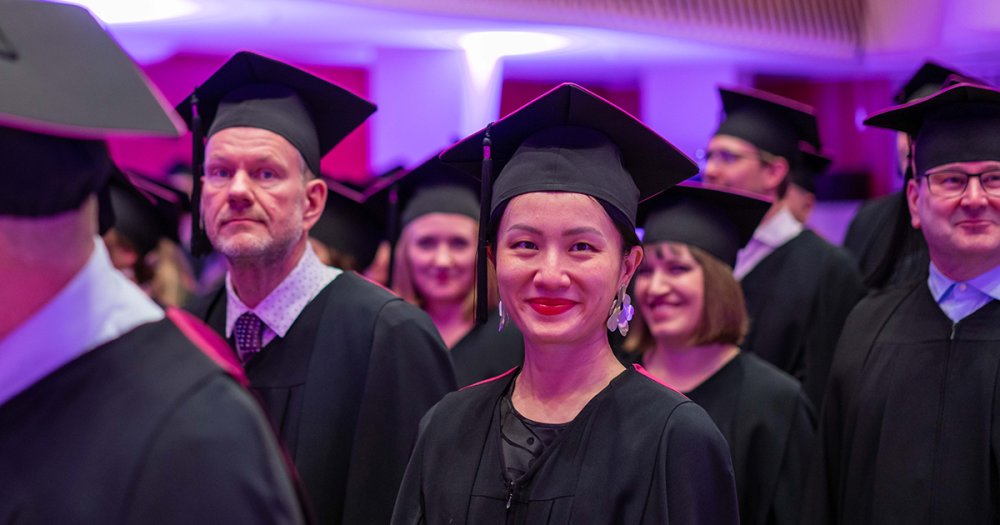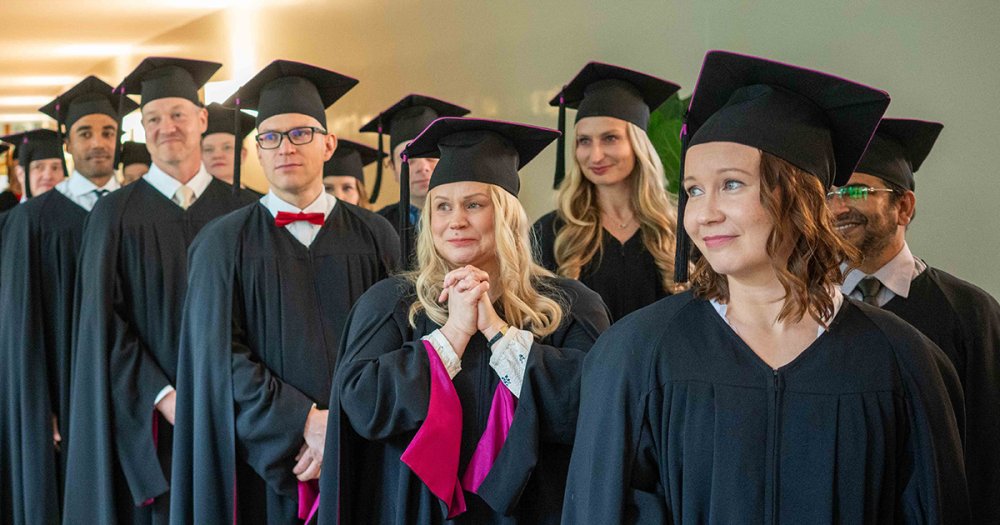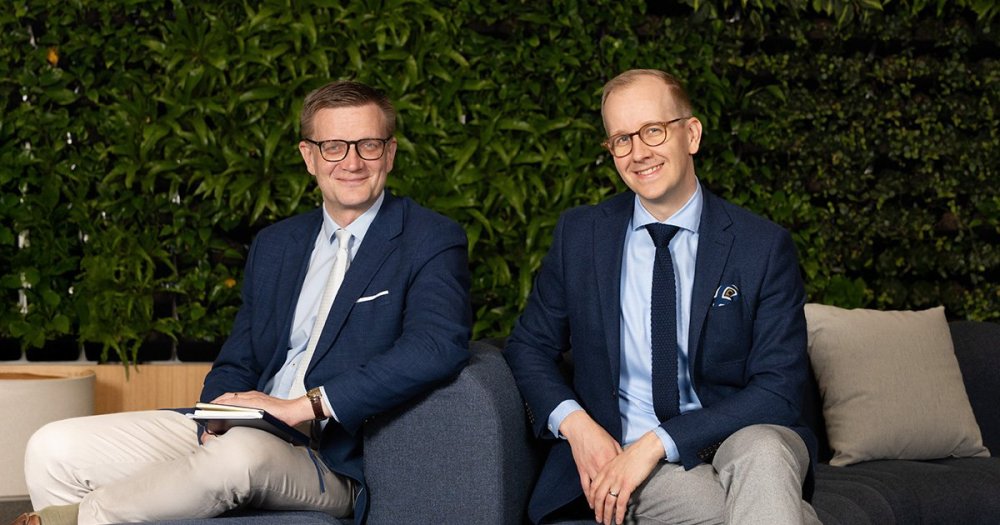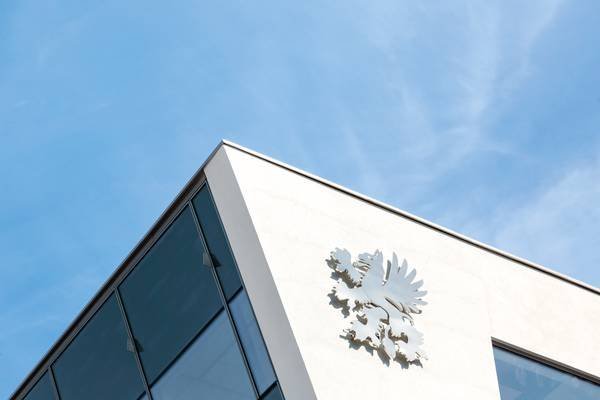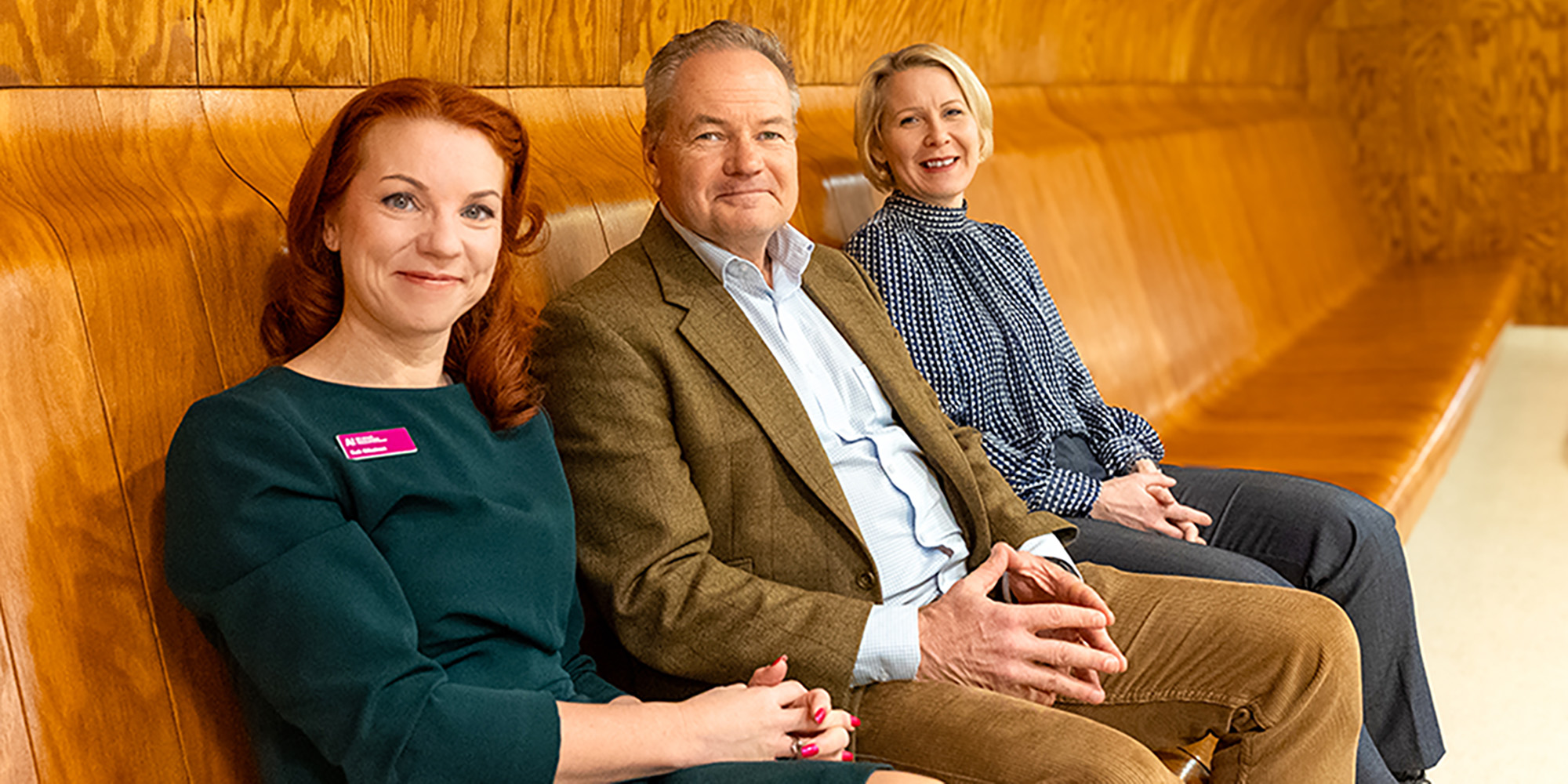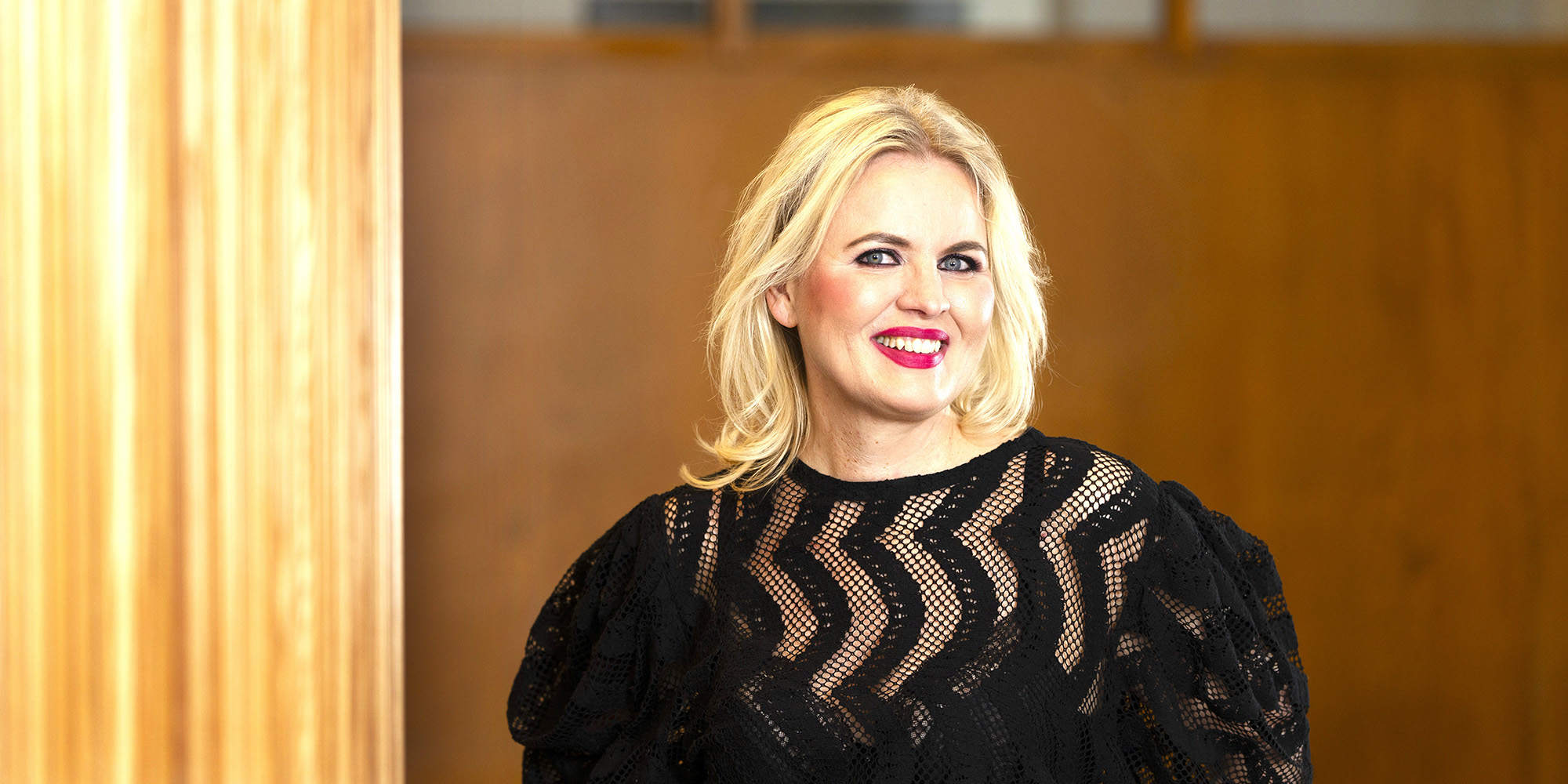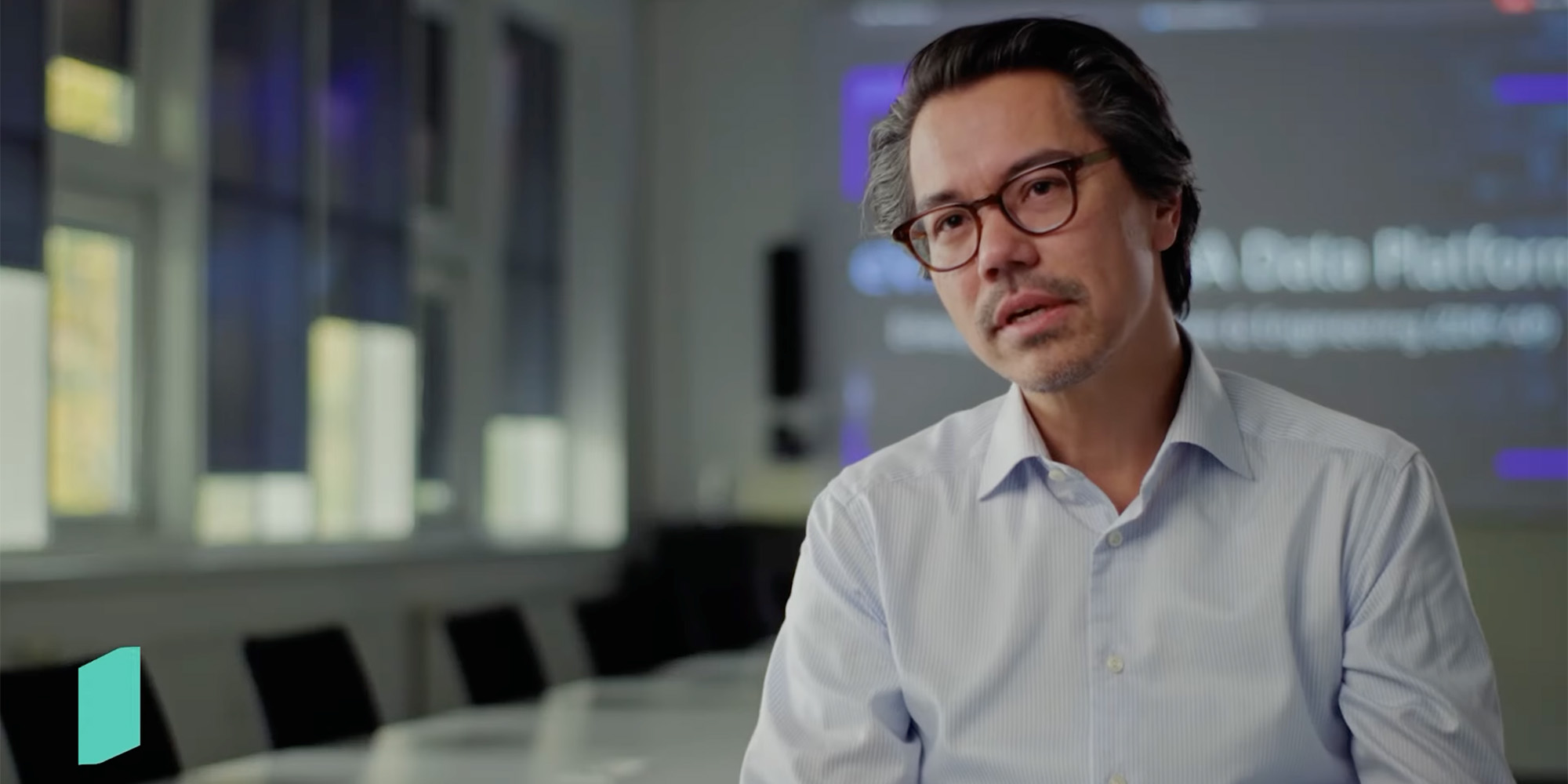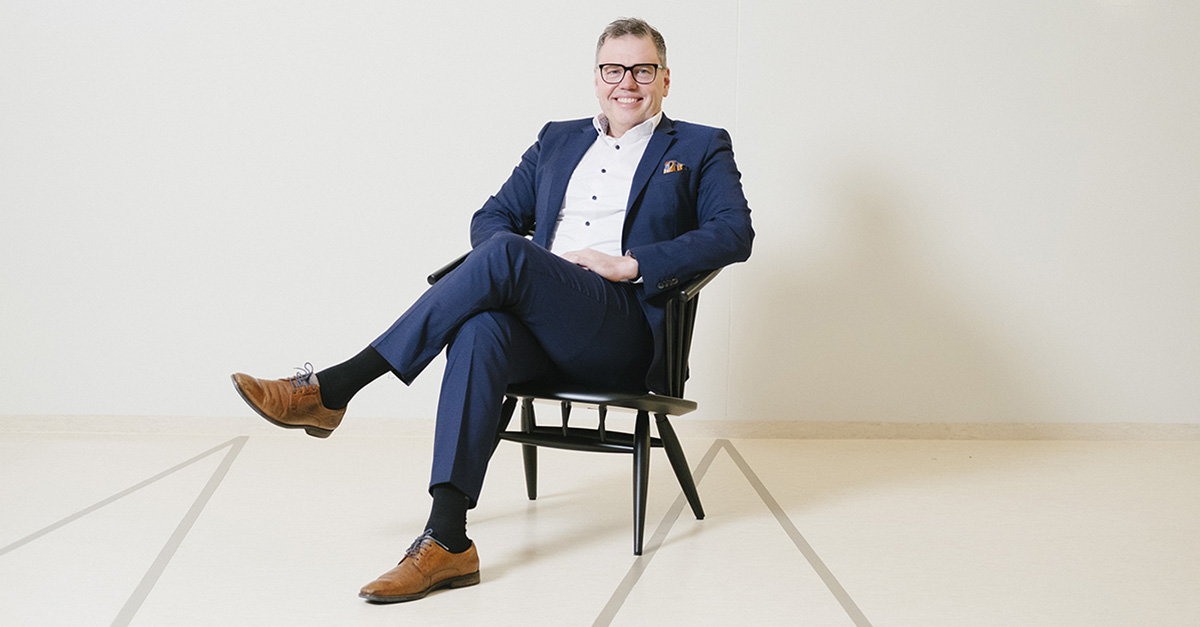UPM, the Finnish forest-based bioindustry company, launched an internal SmartFront initiative in 2017 with the focus on commercial expertise.
The company, which employs 17,000 people worldwide and had annual sales of approximately EUR 9.8 billion in 2021, has traditionally relied on operative competence – high-quality machinery, talented engineers, and streamlined processes. The initiative aimed at strengthening commercial excellence and securing a real competitive advantage, that is, a way to stand out from the competition.
Once the commercial competence framework was created as part of the SmartFront initiative at the end of 2018, UPM selected Aalto University Executive Education Ltd. as its partner to deliver a senior-level training program aimed at honing identified commercial competence areas, topics, and related skills. The Commercial Excellence program ran from 2019 to 2021, with about a hundred senior managers taking part.
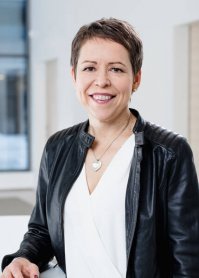 "Growth and commercial success are part of our strategy. We recognized a need to broaden our understanding of the commercialization process and strengthen our customer-centric growth mindset," says Minna Katila, Business HR, UPM Raflatac.
"Growth and commercial success are part of our strategy. We recognized a need to broaden our understanding of the commercialization process and strengthen our customer-centric growth mindset," says Minna Katila, Business HR, UPM Raflatac.
The program was tailored to meet UPM's specific requirements, with representatives of all business areas taking part in a planning workshop.
"It was a lot of work and a long process, but it was essential for the program's
success. With a range of different needs in different business areas, this was the only way we could guarantee that the content matched everyone's expectations," says Katila.
The modules covered topics such as customer-driven growth, leading a commercial function, and building growth. The goal was to strengthen leadership capacity to make strategic decisions, recognize and seize opportunities for growth, and identify the best tools to do this.
"With commercial excellence being such a diverse topic, we also wanted to stimulate discussion on what it actually entails and what options we have for moving forward," says Katila.
The power of networking
The SmartFront initiative also aimed at harmonizing commercial vocabulary and creating a network where experts across different business units share best practices and learn from each other. The company recognized that many business units had already made great progress in commercial development and wanted to take advantage of this, Katila says.
We wanted to get an overall view of what had already been done, identify themes that are common for all business areas, and increase dialog."
"There was already a huge amount of competence. We wanted to get an overall view of what had already been done, identify themes that are common for all business areas, such as market understanding, commercial positioning, and customer experience, and increase dialogue across all business areas."
For Massimo Reynaudo, Executive Vice President, UPM Communication Papers, who participated in the Commercial Excellence program, this was one of the main takeaways from the program.
"The program provided networking opportunities, which are always useful. It enabled internal benchmarking between business areas operating in different markets, and this led to self-reflection and learning from others who look at things from a different viewpoint," Reynaudo says.
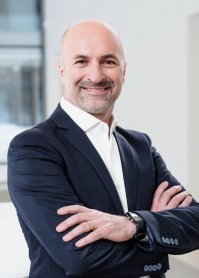 According to Reynaudo, sharing and mingling may challenge one's single-minded approach and provide a more holistic view when you begin to understand how a macroeconomic change may have a different impact in different industries.
According to Reynaudo, sharing and mingling may challenge one's single-minded approach and provide a more holistic view when you begin to understand how a macroeconomic change may have a different impact in different industries.
Training is an investment
Reynaudo emphasizes that while participating in an extensive training program is time-intensive, it should be viewed not as a cost but as an investment.
"These last few years – even before the pandemic – have been characterized by volatility and uncertainty, and for most of the time, the focus has been on coping with the present. The program provided us with the time and opportunity to lift our heads above the present and look at the situation from a longer-term perspective: to make sure we are not overlooking any major disruptors that have the potential to transform the industry in a way that is not incremental but abrupt," Reynaudo explains.
"The program also gave us tools, structures, and tasks to properly assess the health of our plans, the validity of what we are doing, and the robustness and agility of our assumptions – and adapt accordingly if and when required," he continues.
The program provided us with the time and opportunity to make sure we are not overlooking any major disruptors that have the potential to transform the industry in a way that is not incremental but abrupt."
Reynaudo also commends the program for yielding the right balance between theory and practice, with the focus being on applying the learnings to everyone's own needs and context. With the pandemic hitting the world in March 2020, there was plenty of opportunity to put the tools and theories to use.
"I think we did well in adapting to the new circumstances. We started early on to ask ourselves how to acclimatize to the new normal and launched initiatives aimed at reviewing or redesigning the way we serve customers while also maintaining or even improving value creation," Reynaudo says.
Discussions at UPM centered, for example, on the potential benefits of a self-service functionality available 24/7. Would customers continue to want to be served by phone during office hours or would they prefer an online portal where they can place their orders whenever they want? Reynaudo believes these deliberations resulted – whether consciously or unconsciously – from the training program.
"I would definitely recommend the program for companies operating in highly volatile environments or industries, but maybe even more for companies that think they operate in a business that is safe and sound. This kind of thinking may lead to hazardous complacency in a world where geopolitical factors, for example, can quite suddenly disrupt value chains or reshape markets."
Focus on mindset and culture
Feedback from the participants in general has been positive, says Minna Katila.
"The program provided relevant and essential knowledge and skills. I believe it has contributed to the overall development of our commercial operations. We now speak the same language and have a shared understanding of the big picture, which helps identify development needs and competence gaps."
According to Katila, the competence framework is useful when filling individual positions by helping to recognize relevant skills.
The program provided relevant and essential knowledge and skills. I believe it has contributed to the overall development of our commercial operations."
"It's a more systematic approach and facilitates competence development, which has a key role in our strategy. We invest in training and development continuously and have high expectations for our leaders, individual employees, and the entire organization in this respect. That's the only way to ensure good performance at all times."
For Katila, competence development is not only about learning new things: upskilling, reskilling, and cross-skilling are essential as well. The operating environment and job descriptions are constantly evolving, and it's important to stay on top of how this impacts the organization and individual employees.
"At the moment, we focus particularly on mindset and culture. We want to encourage and inspire our people to learn and develop themselves," Katila says.
With 50 years' experience, Aalto EE develops world-class customized solutions that utilize Aalto University’s multi-disciplinary faculty and approach. We assist our customers in developing and carrying out strategic transformation, and together we create and deliver impactful and inspirational executive development solutions and programs. Read more







